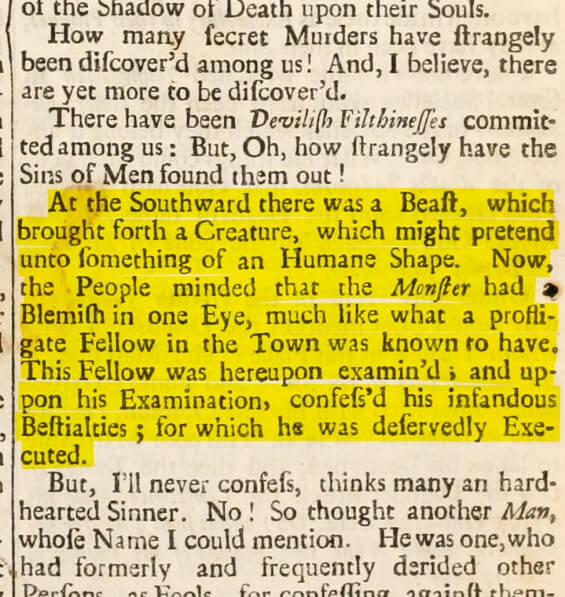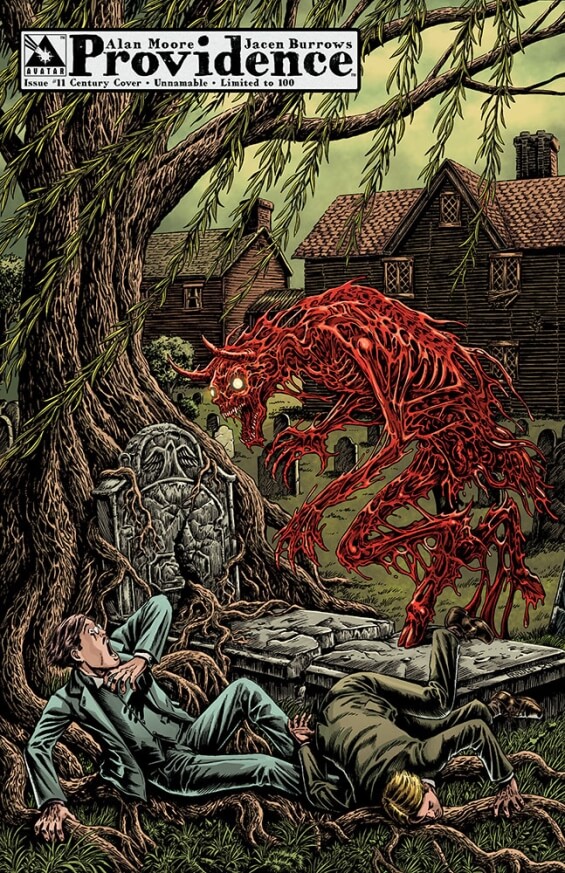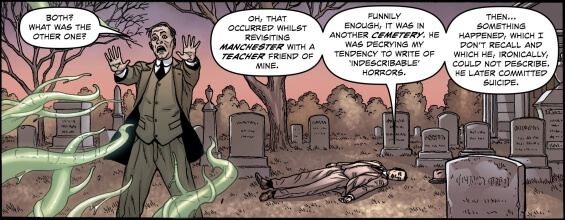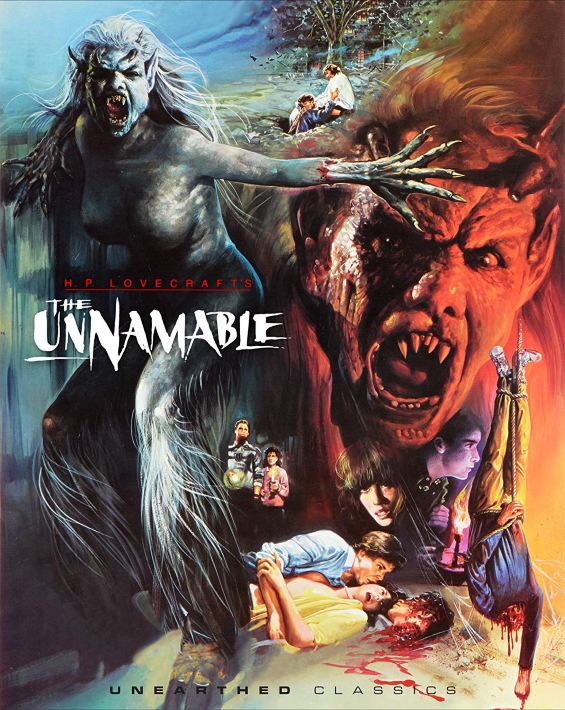
 The SFFaudio Podcast #593 – Jesse, Paul Weimer, Will Emmons, and Trish E. Matson talk about Omnilingual by H. Beam Piper
The SFFaudio Podcast #593 – Jesse, Paul Weimer, Will Emmons, and Trish E. Matson talk about Omnilingual by H. Beam Piper
Talked about on today’s show:
a fairly big H. Beam Piper fan, Alec Nevela-Lee’s Astounding, James Blish, M.C. Pease, what stature does and did it have, “a classic”, pretty interesting, almost completely public domain, he shot himself in the head 1964, project gutenberg, LibriVox, an artificial understanding of Piper’s popularity, outsized, Little Fuzzy, Asimov, a minor piece?, what is a classic?, deserving of respect, the progressive elements, a female scientist without a romance subplot, a mixed nationality crew, Turko-German, exploring history, a really cool aspect, a character arc, Salim Von Ohmhorst, an old Hittite expert, a lot to get interested in, huge for a no-name, best understood as a cult author, a place in the cannon, Murder In The Gunroom, his obsession, smoking, such little hands, oiling the gun, smoking while handling artifacts, Mack Reynolds, John Scalzi’s rewriting of Little Fuzzy, a re-imagining, a reboot, short stories don’t sell, a nice tight focus, the perfect length, an example of why Astounding isn’t total shit, c’mon man, telepathy can’t travel in time?, he was a speculator, what he purchased was what he was arguing for, a story about science, archaeology, linguistics, how we got Linear-B, how we got Egyptian hieroglyphics, we all share the same atomics, reading Martian, on the level of Tolkien, a hard SF masterpiece about social science, hard soft SF, The Riddle Of The Labyrinth by Margalit Fox, Arthur Evans, Philip K. Dick, poor Will, web 1.0, there was good stuff on the internet before YouTube, the young whippersnappers of this world, the amazing thing it was to be able to talk to a person who knew a ton of shit pre-internet, people who read a lot of books, Wilhelm II, Albert Speer, this is what H. Beam Piper is, infodumps about history and technology, James Burke (the guy from Connections) super-useful, they read a book a long time ago, what if the Martians came to the planet Earth, the caption: Man chopping wood, only had one good arm, a long line of Kaisers, in exiles because of Nazis, mustache, queen, they just discovered the Martian internet and they can’t figure out how to type in queries, what this story is really about, this story is about Jesse, why things are happening the way they are, the Martians don’t have to deal with copyright problems, the audio drama, a metallurgy magazine or a sexy stories magazine, Spicy Adventure Stories, Spicy Mystery, what the dash between Spicy and Adventure, separate units, what does it linguistically mean, Famous Fantastic Mysteries, another meaning of mysteries, mysteries as marvels, Fantastic Novels, what does the word novels, they were a new thing 500 years ago, essay writing, an essay is an attempt, a try, trying to communicate a series of thoughts, do or do not there is no try, a patron, maybe incestuous, thank you to Connor, studying German, Der Orchideengarten, translating German poetry into English poetry, a dream project, I’m in it for the politics, I wanna be famous, this is what I am now, I’m a Weinbaum guy, I’m a martian metallurgy guy, finding meaning in discovery, the Indus civilization people, what bridge?, Lord Kalvan Of Otherwhen, his hobbies, he was a nightwatchman, the metathings, a self-taught guy, his grasp on academia, bickering rivalries, unlike his editor (John W. Campbell), the court case in Little Fuzzy, a fun book, some grammatically questionable choices, a very action oriented writer, a dynamic approach to his prose writing, assembling the micro jigsaw puzzle, very scanny, why you need to scan, the paper just falls apart, chipping, replacing letters, we don’t know what the actual word was, I did what I always wanted to do as a kid, they’re scanners, someday someone will figure out what it means, hundreds of thousands of pages, a treasure that we all need to have access to, denying someone access to the internet is a crime, for scholars of every kind, we need to preserve that information, all these space-marines on Mars, the post war buildup, one of those guys left in Europe in 1946, the recovery, if you look at the art, on page 24, a second pass through, a Martian life-form, a mammal, a bird-like creature, a bigger project than just the people we’re seeing, mobilizing the armies of Earth, Asimov or Heinlein or Anderson, Paratime, Man came from Mars, sitting at the keystone, Philip Jose Farmer, the obsession with linguistics, the everyman who read a bunch of books, Two Hawks From Earth, a Europe dominated by American Indian cultures, simpatico qualities, a better craftsman, Farmer had a longer career, repackaging pulp heroes, if its cutesy and fun and interesting (and anthropological), Star Trek’s Measure Of A Man, Jerry Was A Man, the hyperchicken lawyer from Futurama, a simple hyperchicken lawyer, a backwoods asteroid, Clarence Darrow but a chicken, Picard is not a science fiction TV show, Futurama, CHUDS, exploring all the tropes of science fiction, Buck Rogers, the whole premise is a ripoff, Buck Rogers, Looking Backward by Edward Bellamy, Disenchanted, one of the few Netflix shows that’s good, how language shifts in the story, a very lyrical passage, the purple tinged copper sky, what had been burying the city for the last fifty-thousand years, a couple of repeated descriptions, made immediate and very present, Farmer was more fanboy than craftsman, supporting a family, more stable, there’s a lot of stuff in this story, did they add a scene?, why does it stand out more in the audio drama, hear the shock and amazement, more distant in the text, the Atlanta Radio Theatre Company, some Heinlein, a 2009 recording, a reporter’s dispatches, Babylon 5, xenoarchaeology, recounting how these discoveries happened, they didn’t loose their meaning, meaning doesn’t evaporate, how could this exist?, a whole world opens up, that unlocking, all the Roman novels, The Golden Ass, a Roman villa near Pompeii, a charcoal-like, smouldered rather than combusted, pieced together from charcoal, a bundle of carbonized scroll, recycled as firelighters, a nice clean flame, burning Roman literature, Harry Turtledove, overawe the locals, Agora (2009), Hypatia of Alexandria, it looks like a blockbuster style, the strongly religious, a touchy figure, witchburnings before witchburnings, a surveyor in the background, a symbol, scientific symbols, the guy in the turban, symbolic of what is coming, her heads, her pencil, when the archaeologist are called in real life, bulldozing shit, some law, why they’re there, that’s all coming, the interior illustrations by Frank Kelly Freas, the scan on Project Gutenberg, in its pulpy glory, our heroine needs oxygen, worries about it being about Martians, a Martian version of Astounding, not fiction because it had science in the title, Analog, digital sounds more futuristic, that metaphor, a big joke, the nature of the paragraphs, making fun of John W. Campbell’s editorials on twitter, a thread, just thinking it through, fill those pages up, Lester del Rey was bad at it, being a weekly columnist, essay writing, what word count is, why is this paragraph suddenly changing, it turned out to be about metallurgy, predecessor and antecedent, Arthur C. Clarke’s The Star, the kids these don’t read Clarke, a Jesuit on a spaceship, a radioactive beacon, something terrible, it’s shaken my faith to its core, the supernova that was the star of Bethlehem, Jesse feels like a super-genius, Mark VI, the best episode of The Next Generation: The Inner Light, the meaning is there to be discovered, be enriched, it’s about treasure, don’t you want to share my treasure?, don’t lock it down Gollum, Rendezvous With Rama, Jack McDevitt, L.E. Modesitt, 250 degrees below zero, The Sentinel, not the greatest way, modern archaeological adjacent, Kristine Kathryn Rusch’s Diving Into The Wreck, Babylon 5 comic book that’s in canon, web 1.0, The Lurker’s Guide To Babylon 5, DC comics, Garabaldi, new Star Trek, Star Wars, no Mara Jade, the Timothy Zahn Thrawn books, working for Thrawn in Tie Fighter, all going over Will’s head, Dan Simmons’ Hyperion, again backwards, Nightfall by Isaac Asimov, suffering cycles, every 1400 years, Larry Niven and Jerry Pournelle’s The Mote In God’s Eye, why archaeology is important, what’s the history of what we did, what did mom do?, mom put all my comic books in the basement!, the science fiction tropes, imperialist literature, imperialist fantasy literature, King Solomon’s Mines, She is kind of about archaeology, the same burning, finding what was and coming back with it, baked in from the beginning, weird archaeology, conspiracy Qanon stuff for archaeological stuff, clearly this was cut with a circular saw, were pretty sure this is batteries in ancient Babylon, electroplating?, did they do that? Antikythera mechanism, Archimedes’ death ray, Hephaestus, a mechanical owl, only the records, Archimedes’ screw, Greek fire, one way to interest boys: teach them nuclear bombs, your biggest is getting a whole lot of Uranium, that knowledge is available to everybody, nobody writes it down, In Our Time: The Tale Of Sinuhe, Lovecraft wrote more than we have, Evan Lampe, Some Notes On Fairyland, if we had more we would have more, newspapers are designed to be ephemeral, were lucky to have anything, enslave and poison, native labourers, the soldiers are the cheap labour, very mixy, worried about ghosts, a couple of lines, it feels kind of eerie, The Scarlet Plague by Jack London, his grandkids, we sheltered in the university for a while, ravishing the grounds, trying to hold back the horror, don’t let the infected come in, The Mask Of The Red Death, the mystery of what killed the Martians, like Barsoom, the story isn’t really about the death of the Martians, the potential of all those books, is it a reflection of what’s going to happen to us, a robust and powerful society because we have magazine, have you seen Time magazine lately?, oh good, what’s cool about Star Trek…, its about the process of understanding another language, that’s all that it’s really about, it isn’t a metaphor, it isn’t a simile, its about the process, its about the progress, if you have the records, finding the meaning, the value of coming at things from different perspectives, Gloria Standish, they’re kind of like us, a linguist by inclination, the periodic table in the classroom, even moreso than the mural, SETI, the Ted Chiang story, the Voyager prob, Arrival (2016), Story Of Your Life, we should practice on sea mammals, symbolical thoughts, listening to the whales, they riff off of each other, Olaf Stapledon’s A World Of Sound, Peter And The Wolf, each character has a theme, he falls asleep, like in Francis Stevens’ The Elf Trap, Fitz James O’Brien’s The Diamond Lens, Pygmalion’s Spectacles by Stanley G. Weinbaum, spend more time in the water, with the dolphins, hula-hoop oriented, Alex the african grey parrot, “What matter?”, there’s no culture there, communicating with your dog, walkies?, why are you always doing that with your foot?, we don’t have it, we need to find a way to be dolphins, Wild Seed by Octavia Butler, metaphorical grammar, we could talk to animals, we’ll see, talking to vs. talking with, the purest joy, he’s got stuff to say, emotions he wants to communicate, this dumb creature, much more isolated, an orangutan at the zoo washing her hands, there’s gotta be something between them, thrushes singing so much, whales are singing love songs to each other, something to do cuz you got no hands, dogs only have the one hand, it’s the mouths, we have three mouths, only one of them is for eating, we’re fucking aliens to dogs, we’re the long lived elves to the dogs short lived humans, theyre controling us, we’re definitely the bad guys in their scenarios, Lawrence M. Schoen’s Barsk, uplift, Zecharia Sitchin, they taught us so much, the ancient astronauts stuff, it makes cultural sense, Christianity by other means, look at the records, we have these artificats, The Faithful by Lester del Rey, a breaky in halfy story, David Brin, he did it all in nine pages, give the nuclear codes to the dogs and cats, if you tame something you’re responsible for it, The Little Prince, LibriVox, the ancient aliens need to give us UBI, a very fruitful book, a female protagonist, lotsa girls, they’re not women, give it a break, we don’t call eachother men, whatever dude, smoking cigarettes, things that should be scolded.
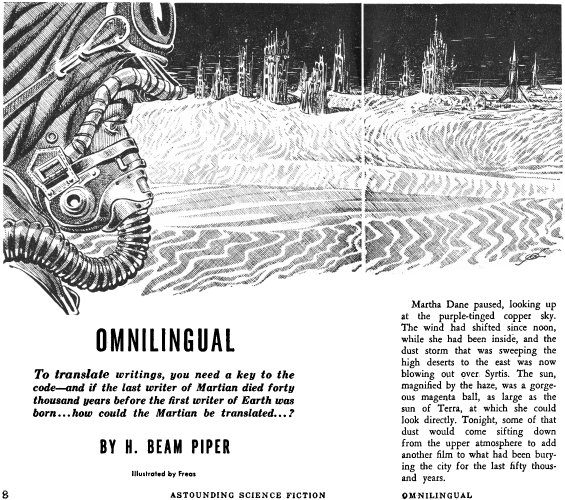
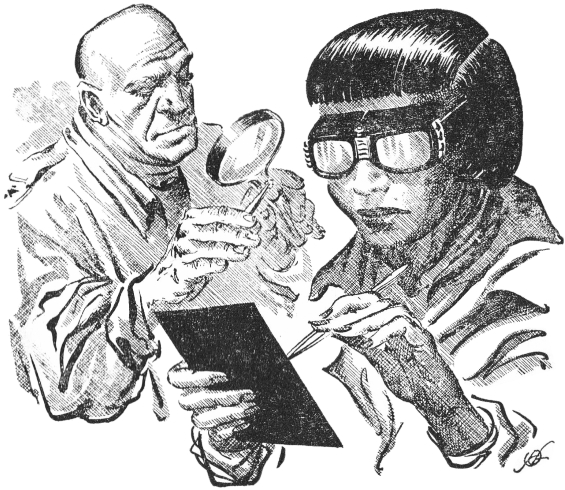
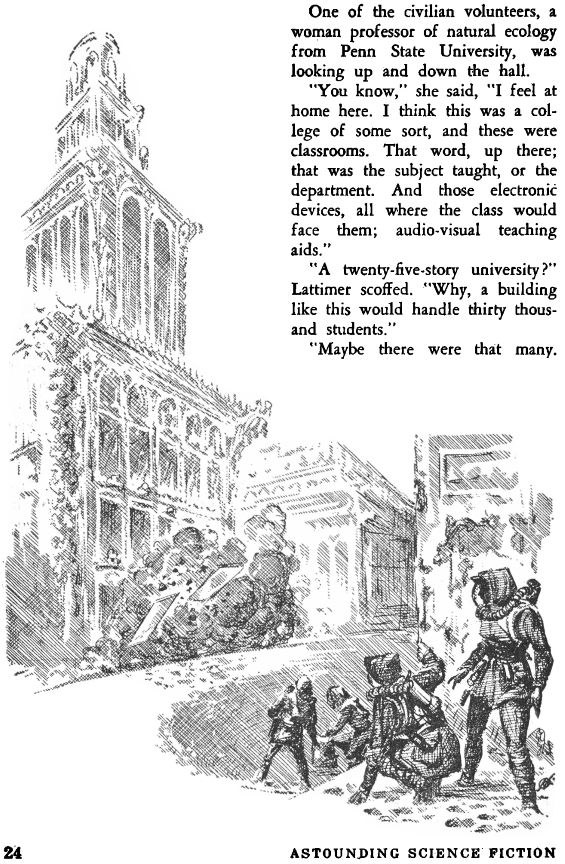


Posted by Jesse WillisBecome a Patron!


